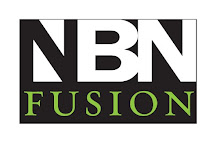The last couple of years were hardly the best for American businesses, but that didn’t stop the e-book market from expanding. Even while print trade sales flatlined, e-book sales from the thirteen publishers who report to the Association of American Publishers grew by 176.6 percent.
In 2010, the market is still growing and its landscape is changing. For one, Kindle’s domination of e-book readers seems to be at an end. Credit Suisse predicts that over the next five years Amazon’s 90 percent of e-book market share will drop to 35 percent. That’s because Apple and Google are muscling in with snappier readers (the iPad) and the easy-to-access, direct e-book downloader, Google Editions. Assuming Apple and Google are successful, these three powerhouses will soon be splitting the market roughly evenly. Should Amazon be worried? Should publishers?
While Amazon’s share of the pie will shrink to a third, the pie itself should be growing rapidly, from 1 to 3 percent of total books sold by the end of 2010. This means that while Amazon will sell a smaller percentage of books sold, its profits may triple by 2015. It will still be important for publishers to get their books onto Amazon, but it won’t be enough. Google and Apple will be equally important outlets for selling books, and there may be more room for other, smaller distributors.
As e-readers change and the market grows, the more platforms a publisher can offer their books on, the better. The better, too, for customers. With more choice about where to spend their money, buyers may spur giants like Amazon and Apple to greater technological heights or make a start-up into a new industry giant, keeping the e-book industry growing.
Subscribe to:
Post Comments (Atom)


blog is great~~祝你人氣高高~.................................................................
ReplyDelete